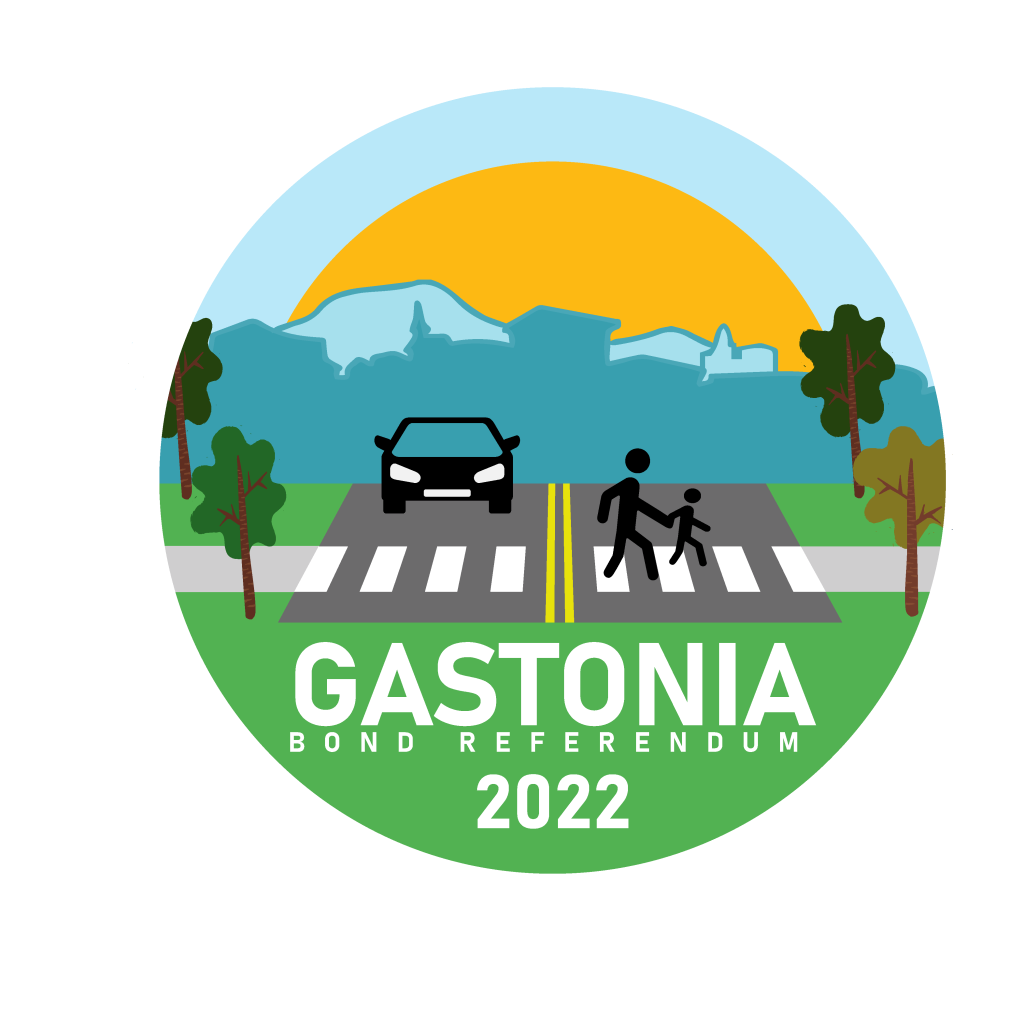Originally published on May 25, 2023, by Marc Selvitelli, CAE for NAIOP.
Today the Supreme Court issued a unanimous decision in Sackett v. EPA, a case involving the jurisdiction of the Clean Water Act and the definition of “Waters of the United States” (WOTUS), and an issue on which NAIOP has been active on behalf of commercial real estate. In a victory for NAIOP members and the CRE industry, the Court ruled that the Clean Water Act extends only to wetlands that are “as a practical matter indistinguishable from waters of the United States” and that have a continuous surface connection with that water.
For many years, NAIOP has advocated for commonsense regulation to protect our nation’s wetlands that is clear, increases predictability and consistency in EPA and Army Corps of Engineers wetlands decision-making, and reduces unnecessary permitting delays. Our most recent comments on the Biden administration’s WOTUS rule reflected this approach. Today’s Supreme Court decision finally clarifies the legal test needed to determine whether a federal wetlands permit is required for a development project. This will go a long way to reducing the uncertainty and added costs of delay that were the result of the legal ambiguity that existed.
The Biden WOTUS rule had been suspended in 26 states as a result of legal challenges. Today’s Supreme Court ruling will most likely force changes to the Biden administration’s regulation to ensure its application is consistent with the decision. NAIOP members should rest assured that we will continue to work with federal policymakers as regulations governing our industry are developed.
As always, please feel free to ask any questions about this or any of our advocacy positions.








